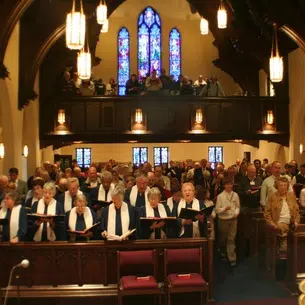DUBAI (Reuters) – Demonstrators shouted slogans denouncing Iran’s supreme leader in the restive southeast of the country on Friday, while a human rights group said at least 100 detained protesters were facing possible death sentences.
There have been demonstrations across the country against the clerical leadership since mid-September after the death in detention of a 22-year-old Kurdish Iranian woman arrested for wearing “inappropriate attire” under Iran’s strict Islamic dress code for women.
“Death to the dictator, death to Khamenei!” protesters chanted in reference to Supreme Leader Ayatollah Ali Khamenei in a social media video said to be from Zahedan, capital of Sistan-Baluchistan province. Reuters could not verify the footage.
The impoverished province is home to Iran’s Baluch minority of up to 2 million people, who human rights groups say have faced discrimination and repression for decades.
Some of the worst unrest in recent months has been in areas home to minority ethnic and religious groups with long-standing grievances against the state, such as in Sistan-Baluchistan and in Kurdish regions.
The protests, in which demonstrators from all walks of life have called for the fall of Iran’s ruling theocracy, have posed one of the biggest challenges to the Shi’ite Muslim-ruled Islamic Republic since the 1979 revolution.
The government has blamed the unrest on demonstrators it says are bent on destruction of public property and are trained and armed by the country’s enemies including the United States, Israel and Saudi Arabia.
Separately, a rights group said at least 100 detained protesters in Iran faced possible death sentences.
“At least 100 protesters are currently at risk of execution, death penalty charges or sentences. This is a minimum as most families are under pressure to stay quiet, the real number is believed to be much higher,” the Norway-based Iran Human Rights group said on its website.
Iranian courts have so far handed down death sentences in more than a dozen cases based on Islamic law charges such as “warring against God” after convicting protesters of killing or injuring security forces, destroying public property and terrorising the public.
(Reporting by Dubai newsroom; Editing by Hugh Lawson)




